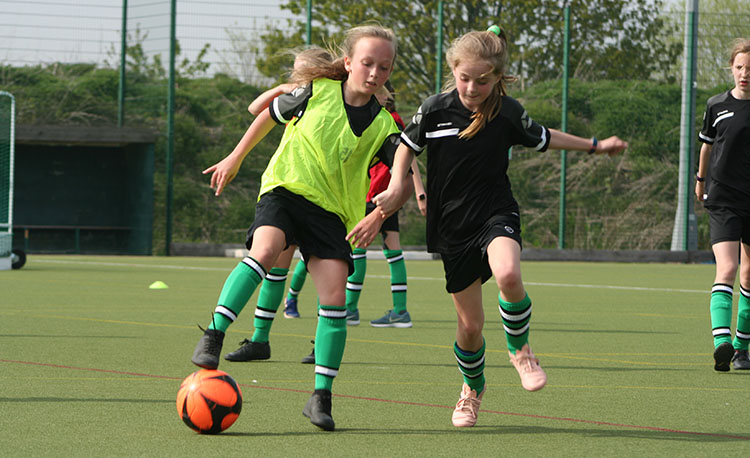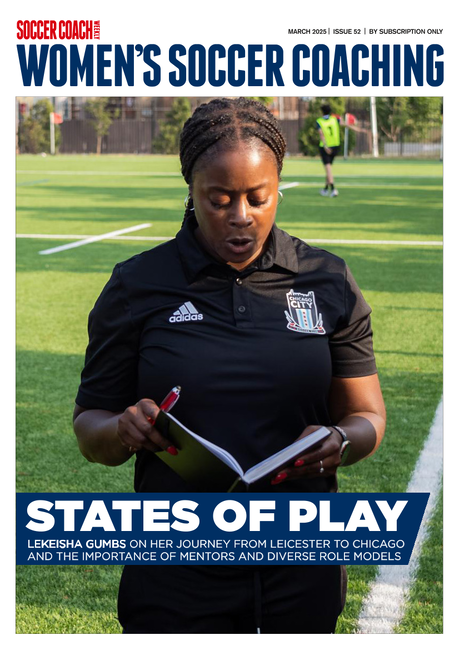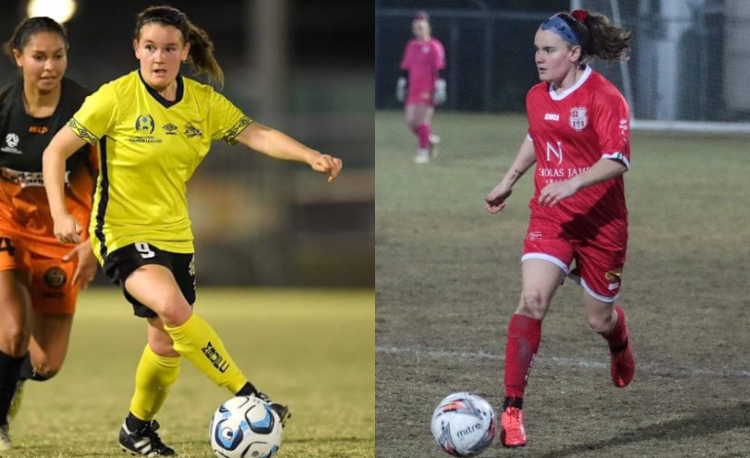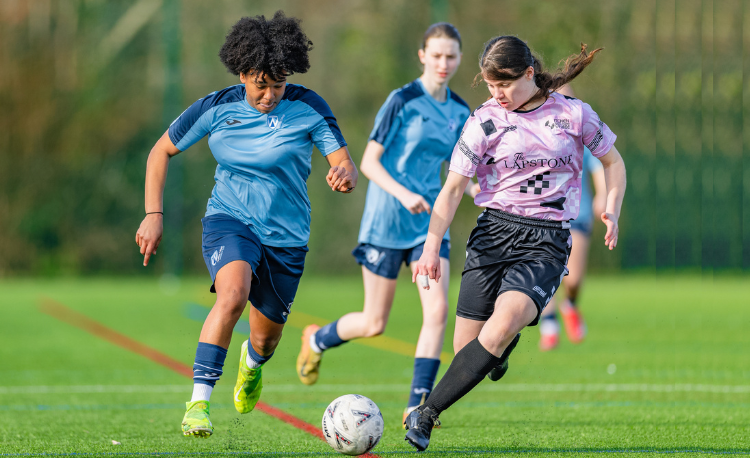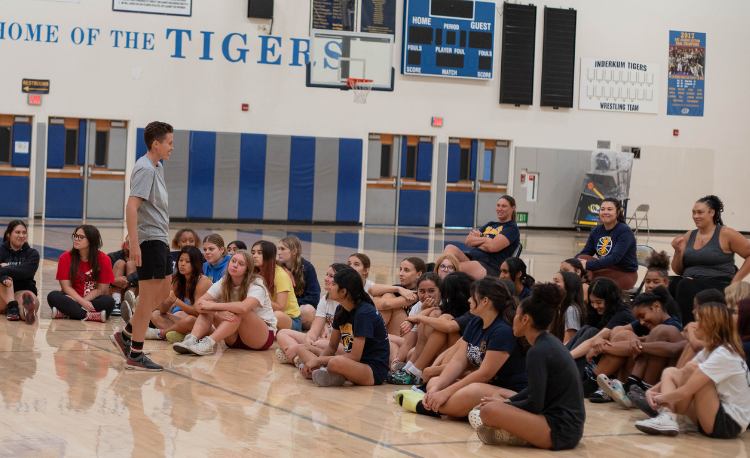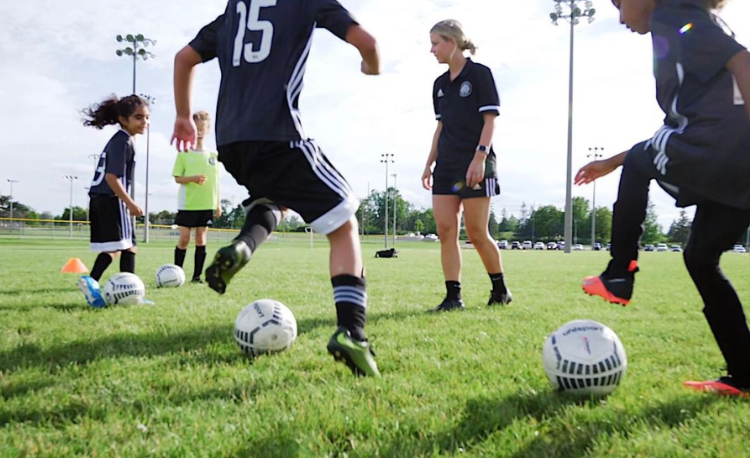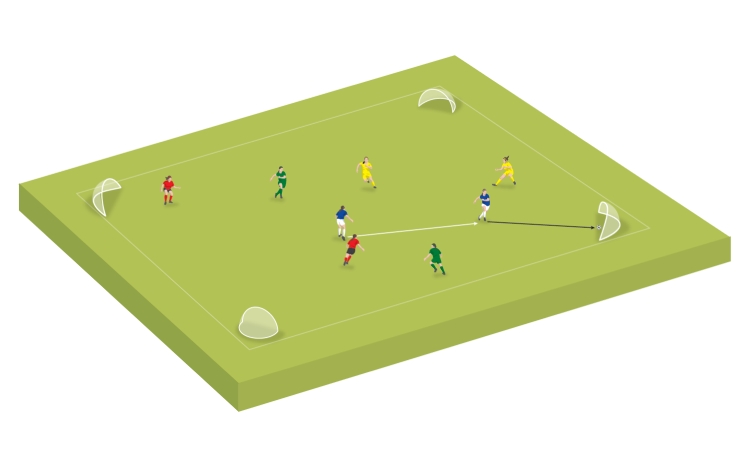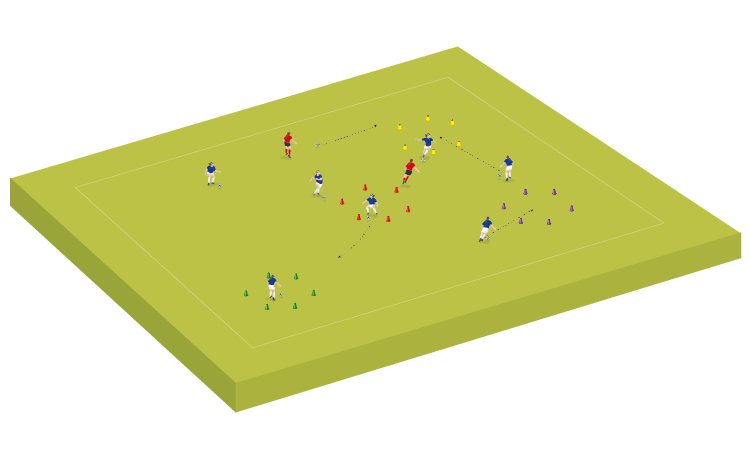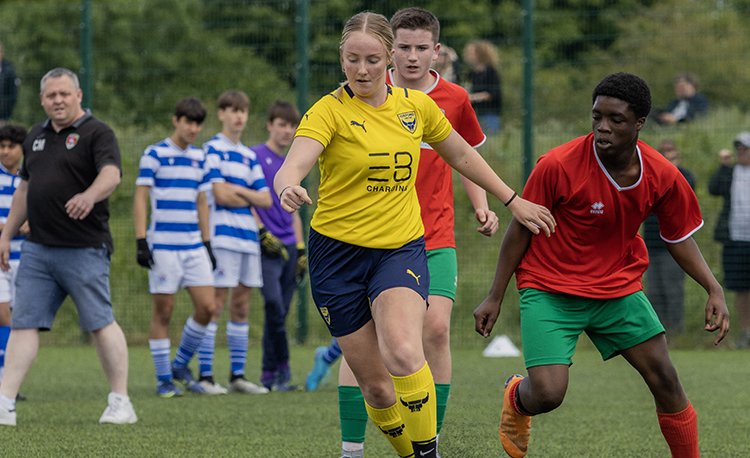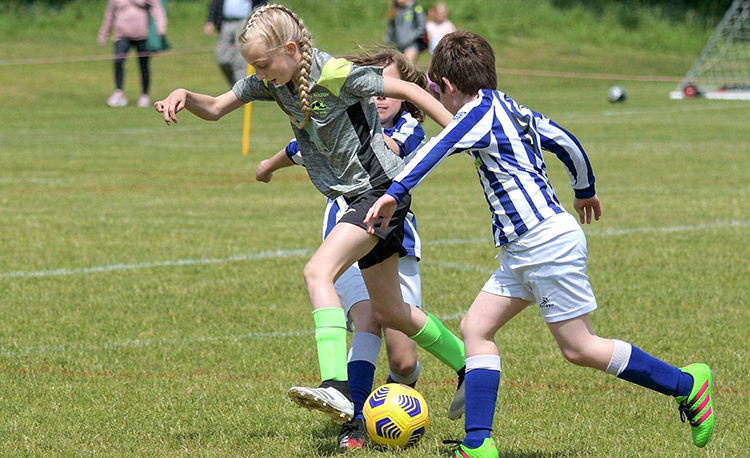You are viewing
1 of your 3 free articles
Why early specialization may be harming children
Don’t make your talented youngsters choose from an early age, says JOHN O’SULLIVAN - playing other sports can produce more-rounded individuals
The greatest difference between our children’s sporting experience and our own is the rise of year-round, sport-specific organizations that ask – even require – season after season of participation in order to stay in the player development pipeline.
The pressure to have your child specialize in a single sport at a young age has never been stronger. As a result, parents ask me all the time “When should my child specialize in one sport?”.
In fact, I get asked this so often I wrote an entire eBook on it - Is It Wise To Specialize?.
When I tell them the science says to wait, many tell me: "That’s not possible. If my child does not specialize early, she will be left out, not make the high school team, and have no chance of playing in college. You live in a fantasy world."
They tell me about coaches who have told them they need 10,000 hours of organized, structured practice, and their fear that other kids will be getting a leg up on theirs if they do not specialize. They are stuck in a downward spiral that is detrimental to their children, but feel helpless to change course.
In the words of Kirk Anderson, director of coaching education for the US Tennis Association: "Even if parents and coaches know and understand age-appropriate principles for children, I think they would be reluctant to accept them because they would fear their child would fall behind the kid in a more structured program that focuses on training, competition and deliberate practice."
This fear has forced kids into sports that often are not of their own choosing, and in many cases compels them to remain in activities that are not enjoyable or intrinsically motivating, nor are congruent with their actual athletic abilities.
This path fails to consider many of the physical, emotional and social costs to children who only play a single sport.
There is a different path. It is the one based in science, psychology and best practices of athletic development. It is one that serves the needs of children for a lifetime, reduces injuries and burnout, increases enjoyment and motivation, and produces better athletes. It is the path of multiple sport participation and less structured play.
But don’t take my word for it. On these pages are some facts and statistics that should make every parent think twice about early specialization in soccer and other sports where athletes typically peak in their 20s.
FIVE STUDIES ON EARLY SPECIALIZATION WHICH SHOW IT MAY NEGATIVELY AFFECT CHILDREN
1. Children who specialize account for 50% of overuse injuries in young athletes according to paediatric orthopaedic specialists.
2. A study by Ohio State University found specializing early in one sport led to higher rates of adult physical inactivity. Those who committed to one sport at a young age were often the first to quit, and suffer a lifetime of consequences.
3. In a study of 1,200 youth athletes, Dr Neeru Jayanthi of Loyola University found early specialization in a single sport is one of the strongest predictors of injury. Athletes in the study who specialized were 70% to 93% more likely to be injured than children who played multiple sports.
4. Children who specialize early are at a far greater risk of burnout due to stress, decreased motivation and lack of enjoyment.
5. Early sport specialization in female adolescents is associated with increased risk of anterior knee pain disorders including PFP, Osgood Schlatter and Sinding Larsen- Johansson compared to multi-sport athletes, and may lead to higher rates of future ACL tears (added May 2014). An additional thought is provided by top youth sports researchers Jean Cote and Jessica Fraser-Thomas, who suggest that at no time should a young athlete participate year-round in a single sport.
While they recommend that athletes in sports whose competitors peak after age 20 need to accumulate around 10,000 hours of general sports participation, no more than half of that needs to be deliberate practice of their chosen sport.
As a general rule they recommend the following age breakdown for athletes trying to achieve elite status in a specific sport:
Prior to age 12: 80% of time should be spent in deliberate play, and in sports other than the chosen sport.
Age 13-15: 50/50 split between a chosen sport and other athletic pursuits.
Age 16+: Even when specialization becomes very important, 20% of training time should still be in non-specialized sport and deliberate play.
But how do you approach people with this information?
Related Files
Every adult involved in youth sports will come up against people who advocate for single-sport specialization.
Some think their child is the next Tiger Woods, Venus Williams, Lionel Messi or Megan Rapinoe, so are getting in their 10,000 hours. Others are afraid to go against the grain, and fear they are disadvantaging their own child by not specializing.
I meet these folks too, and I blind them with the science. I then ask for the data and research that supports their theory. Cue the cricket noises, because it does not exist.
If you know these folks, direct this article to them. Send it to your club director and your coach, who thinks you should skip Grandma’s 90th birthday because your Under-11s team has your fourth tournament of the summer that weekend - an actual call I took by the way.
Of course, this will not work all the time - or even most of the time. After all, despite an abundance of science on the hazards of smoking, it has little impact on some folks.
At some point, parents need to ask themselves: ’Does my 10-year-old really need to keep playing 11-and-a-half months of soccer a year in order to have a chance of success? Am I really doing her a disservice by making her play multiple sports, and trying to help her find one she is passionate about?’.
I think we are ready for an alternative. I think people are sick of 11 straight months of 6am trips to the ice hockey rink, or weekend after weekend of expensive out-of-town soccer tournaments for ’elite’ 11-year-olds. I know I am not alone in thinking this.
The best sports psychology is on our side. The best research into athletic development and physiology is on our side. The top minds in sports medicine are on our side.
Aligned against us are a few people who stand to profit from promoting the mythology surrounding single-sport specialization. Not scientists. Not researchers. Not top coaching minds. Profiteers, often backed by parents and coaches living out their own unfulfilled sports dreams through the children.
I like the company I am keeping these days. For the sake of our kids, I hope you will join me.
SIX REASONS FOR MULTI-SPORT PARTICIPATION
1. Better overall skills and ability: Research shows early participation in multiple sports leads to better overall motor and athletic development, longer playing careers, increased ability to transfer skills between sports, increased motivation and confidence.
2. Smarter, more creative players: Multi-sport participation at the youngest ages yields better decision-making and pattern recognition, as well as increased creativity. These are all qualities that coaches of high-level teams look for.
3. Most college athletes come from a multi-sport background: A 2013 American Medical Society for Sports Medicine survey found 88 per cent of college athletes participated in more than one sport as a child.
4. There are many paths to mastery: A 2003 study on professional ice hockey players found that, while most had spent 10,000 hours or more involved in sports prior to age 20, only 3,000 of those were involved in hockey-specific deliberate practice (and only 450 of those were before 12).
5. 10,000 hours is not a rule: In his survey of scientific literature regarding sport-specific practice in The Sports Gene, author David Epstein found that most elite competitors require far less than 10,000 hours of deliberate practice.
Even Anders Ericsson, the researcher credited with discovering the rule, says the misrepresentation of his work, popularized by Malcolm Gladwell in Outliers, ignores many of the elements that go into high-performance sport (genetics, coaching, opportunity, luck) and focuses on only one - deliberate practice. That, Ericsson says, is wrong.
6. Free play equals more play: Early specialization ignores the importance of deliberate/free play. Research shows activities which are intrinsically motivating, maximise fun and provide enjoyment are incredibly important.
This is ’deliberate play’ (as opposed to ’deliberate practice’, activities motivated by the goal of performance enhancement). Deliberate play increases motor skills, emotional ability and creativity. Children allowed deliberate play also tend to spent more time engaged in a sport than athletes in structured training with a coach.
WHAT’S YOUR VIEW?
Is there still a role for early specialization? Do you want your young players to focus solely on their soccer? Or do you encourage them to practice other sports too? Tell us where you stand in this debate.
All research and stats provided by John O’Sullivan. A version of this article appeared on his blog at changingthegameproject.com
Newsletter Sign Up
Newsletter Sign Up
Discover the simple way to become a more effective, more successful soccer coach
In a recent survey 89% of subscribers said Women's Soccer Coaching makes them more confident, 91% said Women's Soccer Coaching makes them a more effective coach and 93% said Women's Soccer Coaching makes them more inspired.
*includes 3 coaching manuals
Get Inspired
All the latest techniques and approaches
Women's Soccer Coaching offers proven and easy to use soccer drills, coaching sessions, practice plans, small-sided games, warm-ups, training tips and advice.
We've been at the cutting edge of soccer coaching since we launched Soccer Coach Weekly in 2007, creating resources for the grassroots youth coach, following best practice from around the world and insights from the professional game.
